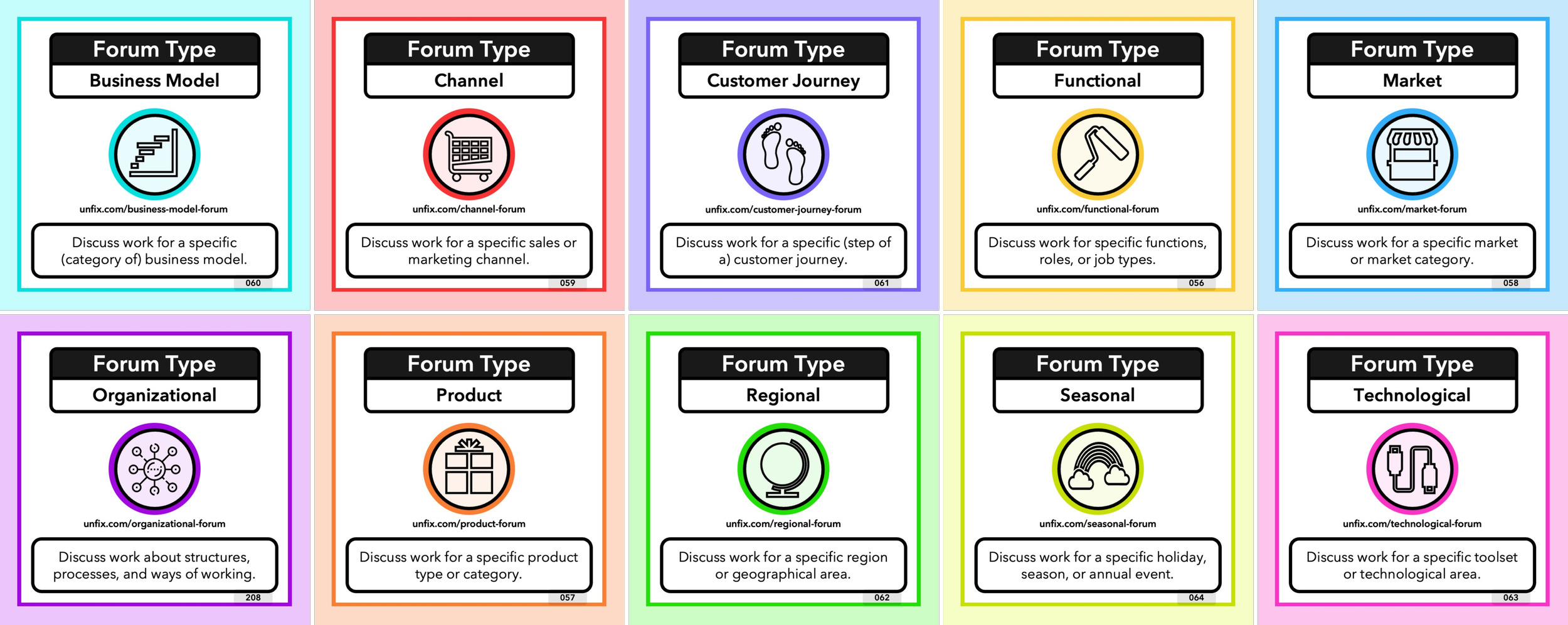Middle Managers Should Stop Coordinating
Author: Jurgen Appelo
In traditional organizations, managers are usually coordinators. They coordinate who gets hired or fired, who gets paid how much, and who needs to work on what, when, and where. This is the main reason why many organizations have managers as leaders of functional units. They found that a lot of coordination is needed within and between functions, so enterprises installed (middle) managers to do a lot of coordinating.
However, two important trends are breaking down the functional hierarchy:
First, the increased pace of change requires that better and faster coordination happens across products, regions, customer journeys, technologies, and so on. The functional hierarchy must give way to alternative forms of collaboration in order to respond faster to risks and opportunities in the market. This is what business agility is all about. Faster coordination and decisions around products, business models, market channels, etc.
Second, digital transformation and artificial intelligence are opening a path to alternative forms of coordination without traditional managers through digital platforms, smart contracting, internal marketplaces, and even digital autonomous organizations. The traditional middle manager is on its way out, replaced by self-organization, markets, and algorithms.
I often talk about Haier, the Chinese company that is sometimes called “the most creatively managed company.” They fired all their middle managers and replaced them with platforms, an internal market, and smart contracting through algorithms and the blockchain.
One possible step in the direction of a managerless, digital-driven future is the installation of Forums (guilds or Communities of Practice). You can do this around any shared interest across the organization, whether it's functional, technological, seasonal, regional, etc. If something is worth coordinating, it's worth creating a Forum. There's no need to put a middle manager on it (with line management responsibilities). Selecting or electing a Chair (who does little more than moderation of discussions) should be sufficient.
The Functional Forum replaces the traditional functional department by removing the middle manager. The other Forum types replace traditional divisional organizational models with matrix structures. You don't need any of that when you have platforms, markets, and algorithms for coordination. You just need a quick and civilized way for people to get together across the enterprise to coordinate decisions about a variety of topics.

